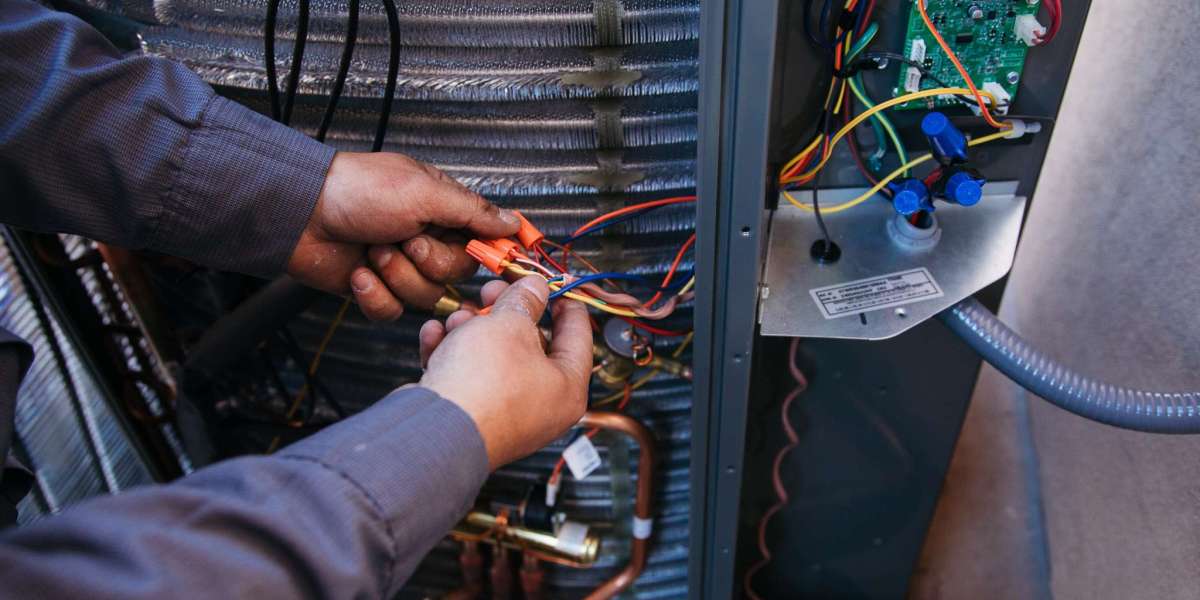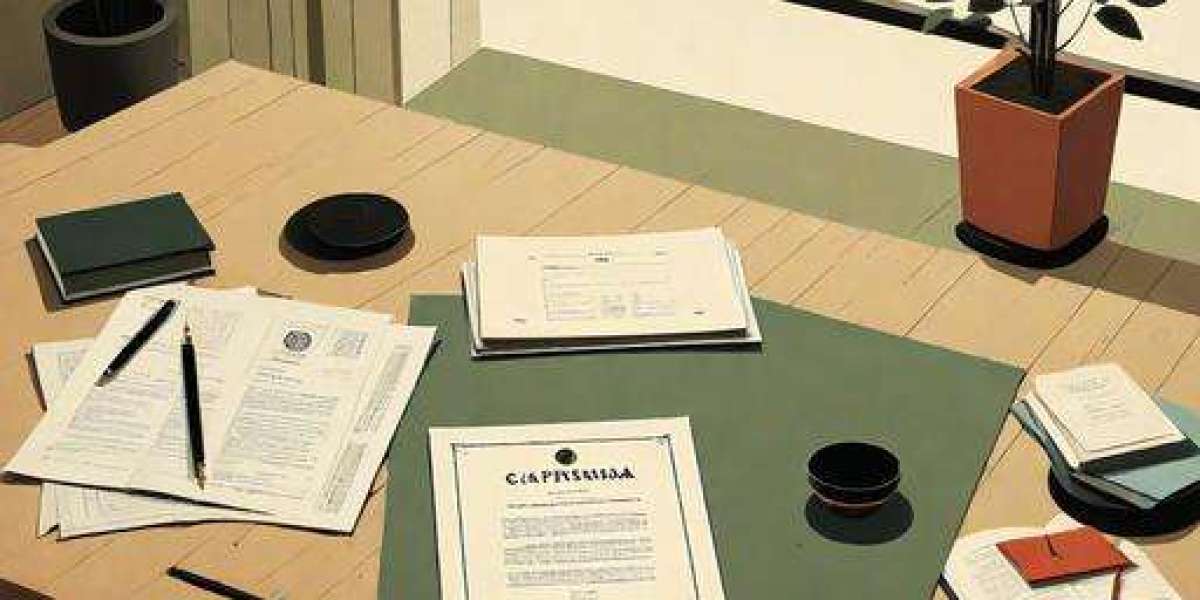Air conditioners play a vital role in keeping our homes comfortable, especially during hot weather. However, when these systems are not used for an extended period, they can encounter several issues that affect their performance and longevity. Understanding these problems can help homeowners take proactive steps to ensure their air conditioning units remain in good condition and operate efficiently when needed.
Problems Caused by Leaving Air Conditioners Idle
Leaving an air conditioner unused for a long time can lead to several problems:
Component Damage
Air conditioners rely on regular operation to keep important parts like compressors, fan motors, and seals working properly. When the system sits idle, these components can suffer from a lack of lubrication. This can cause them to freeze up, wear out prematurely, or become less efficient. For instance, the oil that lubricates the compressor can become stagnant, leading to increased friction and potential damage when the unit is turned back on.
Buildup of Dirt
Dust, pollen, and other airborne particles can accumulate inside the air conditioning unit when it is not in use. This buildup obstructs the airflow and reduces the system’s efficiency. When the air conditioner is eventually turned on, it has to work harder to push air through the clogged components, which can lead to higher energy consumption and potential breakdowns. Regular cleaning and maintenance by air conditioning service in Scottsdale can help prevent this issue.
Mold and Mildew Growth
Stagnant air inside an unused air conditioner provides a perfect environment for mold and mildew to grow. These microorganisms can spread through the air, potentially causing health problems for those in the home. In addition to health risks, mold and mildew can damage the internal components of the air conditioner, leading to costly repairs. Ensuring proper ventilation and moisture control can help prevent this problem.
Refrigerant Loss
Even when an air conditioner is not in use, it can still experience gradual refrigerant loss. Refrigerant is essential for cooling the air, and its loss can reduce the unit’s cooling capacity. Prolonged periods of inactivity can increase this issue, leading to inefficient cooling and potential damage to the system. Regular inspections can help identify and address refrigerant issues before they become serious.
Pest Problems
Unused air conditioners can attract pests seeking shelter. Rodents, insects, and other creatures may find their way into the unit, causing damage and contamination. Pests can chew through wires, build nests, and leave behind waste that can harm the system and create additional health risks. Taking preventive measures to seal potential entry points can help keep pests out.
Tips for Seasonal or Empty Homes
Homeowners with vacation homes or properties that are not always occupied face unique challenges when it comes to maintaining their air conditioning systems. Fluctuating temperatures, increased humidity, and the lack of regular monitoring can accelerate system deterioration. Here are some tips to help manage these challenges:
Scheduled Check-Ups
Arrange for regular professional inspections and maintenance of your air conditioner. A routine AC repair in Scottsdale can identify and address small issues before they turn into costly repairs. Regular check-ups ensure that the system remains in good working condition, even during extended periods of inactivity.
Control Humidity
Implement measures to control humidity levels in the home. Using dehumidifiers or ensuring proper ventilation can help prevent mold and mildew growth. Keeping humidity levels in check also contributes to overall air quality and system efficiency.
Protect the Unit
Cover the outdoor unit and seal any potential entry points to protect the air conditioner from environmental factors and pests. A protective cover can shield the unit from rain, snow, and debris while sealing entry points can prevent animals from getting inside.
Conclusion
Follow these recommendations to reduce the risk of problems associated with prolonged air conditioner inactivity. Proper maintenance and care contribute to the system’s optimal performance and extended lifespan. It also ensures it remains a reliable source of comfort when needed. Call an AC repair in Scottsdale if needed!








